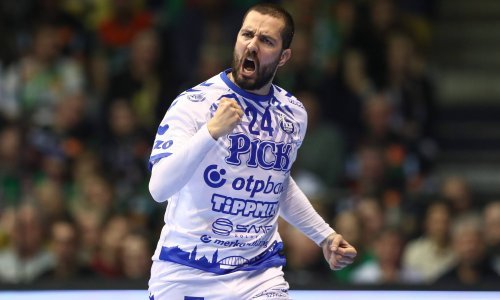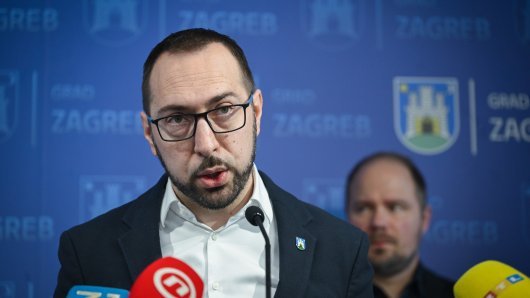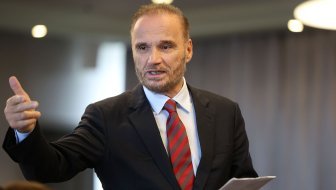Croatia is not facing the fate of Greece or Portugal, but it must change and be less dependent on trends in Europe, Croatian Prime Minister Zoran Milanovic said during a visit to Bucharest on Friday.
"I'm not afraid for Croatia's survival in economic terms, I'm not afraid that what is happening in some countries in southern Europe may also happen in Croatia. We have a quite stable banking system, but that's not enough," Milanovic told Croatian reporters on the margins of a conference entitled "Friends of Cohesion".
Milanovic said that too much money had been spent and wasted in Croatia in recent years and that society was not compact and showing solidarity. "We will have to change those things. How much it will cost my coalition politically, I don't know, but I believe that it is in Croatian interests and am ready to pay the price."
Milanovic said that the Croatian economy was too dependent on economic trends in Europe, and that Croatian exports and the number of tourist arrivals depended on the state of neighbouring economies, adding that this had to change.
"We cannot live from year to year by counting whether 5,000 more or 5,000 less tourists will come from Bavaria or Slovenia. That's not the main generator of the Croatian economy, but just one of the pillars on which Croatia is founded," he said.
The prime minister believes that the Croatian economy will see better days next year, which again will depend on trends in the EU, where most countries, like Croatia, are seeing an economic downturn.
"When things in the EU turn for the better, it will give a boost to Croatia, but then again it will not be in accordance with our expectations that we should change. There can be an upturn in Europe, but if Croatia stays the way it has been so far, it won't be much use to it," Milanovic said.
Stressing that the present situation had to change and that it was the government's job to change it, the prime minister said he expected 2013 to be a hard year, but that he believed in the competence of his ministers. "This year will be tough. We believe we will remain afloat. I believe in our tenacity and talent, but first and foremost I believe in the system."
Commenting on the decision by Moody's Investors Service to downgrade its outlook on Croatia, Milanovic said that most European countries were in a similar situation and that economic growth was the only prerequisite for a higher rating. "Until we move forward and start growing, the situation cannot change substantially," he added.
Milanovic was attending a conference of prime ministers and other senior government officials from 16 EU member states within the Friends of Cohesion group. Those are less developed countries seeking that the Union continue financing their specific needs even beyond 2014.
"Those countries receive more from the EU than they pay into it, and Croatia will be among them. That is not our sole motive. Our goal is to be among those who pay more than they receive, which will mean that we are among the richer members. But that will happen sometime in the future," said Milanovic, who attended the meeting as an observer.
In April, Croatia joined the group of EU countries that are opposed to reducing cohesion funds in the next seven-year budget period from 2014 to 2020, which are used for co-financing development projects in poorer regions of the EU. They want the cohesion funds to be spent more effectively and that the allocation of funding depends on fulfilment of set targets and criteria.
A final agreement on the 2014-2020 budget framework is expected to be reached by the end of the year.



































